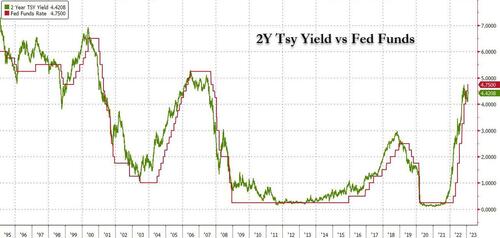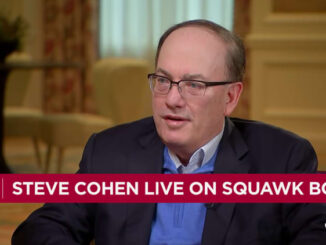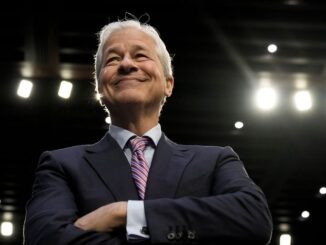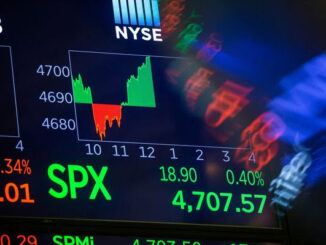
Submitted by Ryan Ortega, founder of Third Line Financial Planning.
Last Wednesday, the Federal Open Market Committee (FOMC) wrapped up a two-day meeting to decide where to set the short-term Federal Funds Target rate. The meetings end with a highly anticipated press conference featuring Federal Reserve Chair Jay Powell just after 230pm ET.
Global market participants sit on the edge of their seats as they await the news of a potential rate hike with the possibility of more to come. Inevitably, both the equity and fixed-income markets will hang on Powell’s every word, searching for any clues as to what the Fed might do next.
What’s all the fuss about? Interest rates represent the price of money, arguably the most important price in the world.
This short-term rate influences all other rates in the economy including mortgages, auto loans, credit card rates, and more.
The Fed has manipulated the price of money for over a decade now, leading to the difficult situation we are in today.
Interest rates were kept too low for too long, even for years after the 2008 Global Financial Crisis.
Looking back on history, the Fed usually gets it wrong.
In this most recent case, waiting too long to remove historic accommodative policy and now risking over-tightening into a recession. But trying to micromanage the economy is like attempting to quickly steer the Titanic. It simply can’t be done.
Even with all the pomp and circumstance of the well-telegraphed meeting, it turns out the Fed historically follows the 2-Year Treasury Note anyway.
So, why not just let the free market decide the price of interest rates?
This is not a new idea.
Prominent names in finance have suggested exactly that. Jeffrey Gundlach, Chief Investment Officer of DoubleLine Capital, argued for it in a recent webcast and on CNBC.
The Federal Reserve System includes the Board of Governors and 12 regional banks. The Federal Reserve Board employs over 400 Ph.D. economists. And according to the CATO Institute, the Board had nearly 3,000 employees who earned an average salary of $168,786 last year.
Not only would taxpayers save a substantial amount of money, but markets would also be better off with the Fed focusing on other things like reserve requirements, the discount window, and the overall health of the financial system.
Free markets with tens of thousands of market participants can determine short-term interest rates better than 12 voting members on the FOMC – it’s time to make it official.
And as a reminder, bad things happen when The Fed hikes rates above the 2-year…
Loading…



